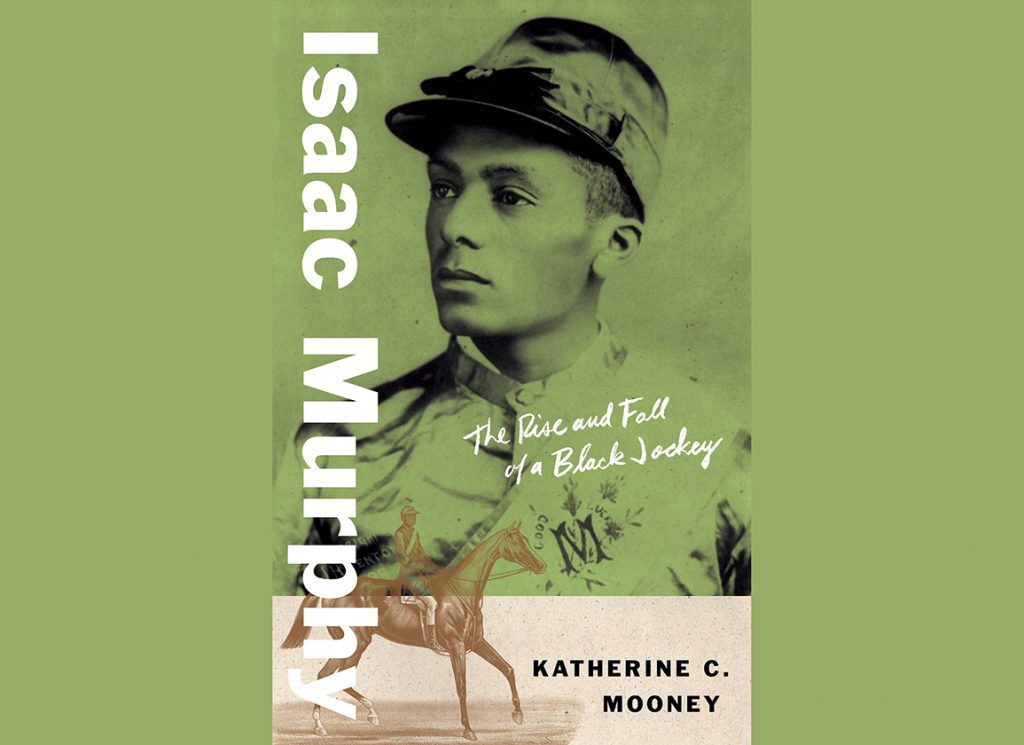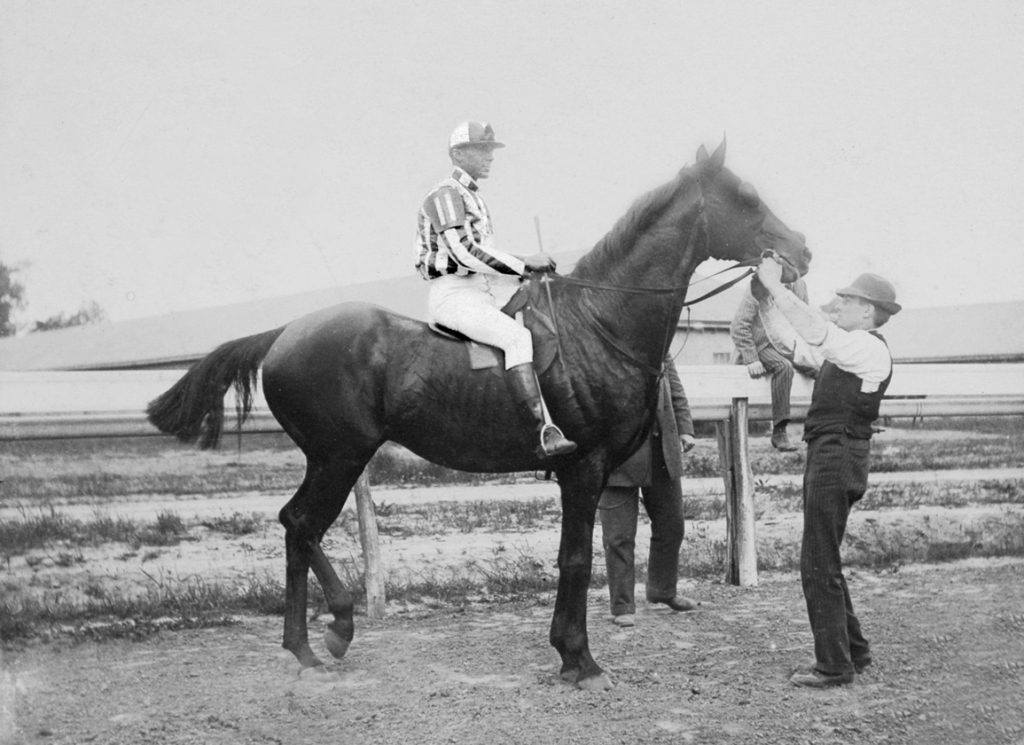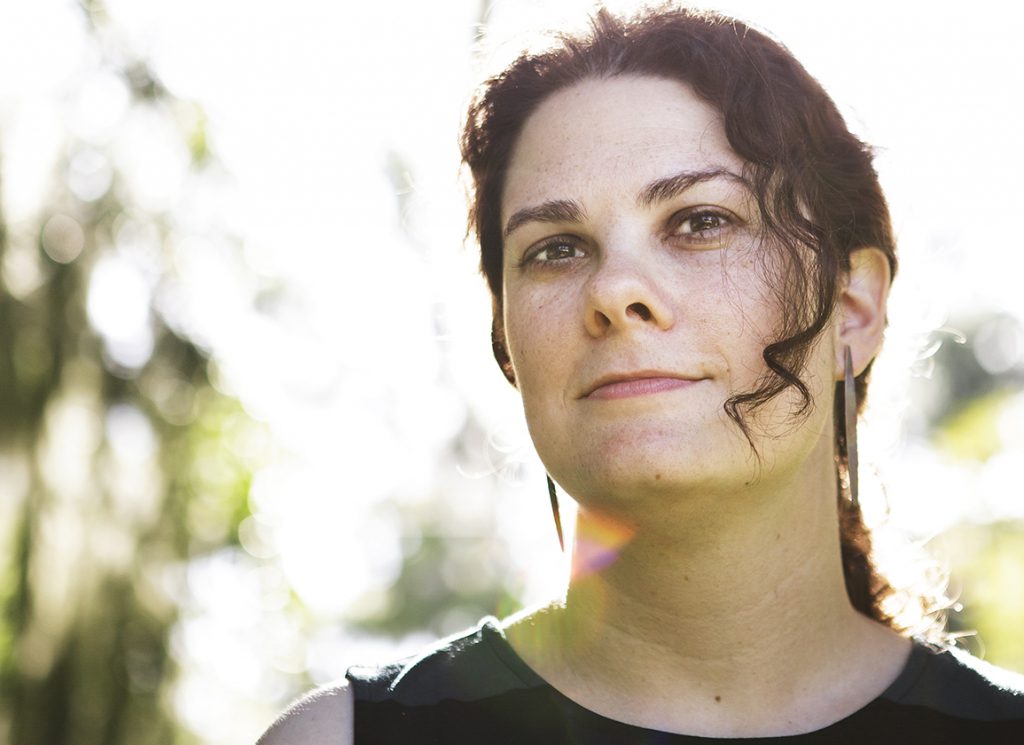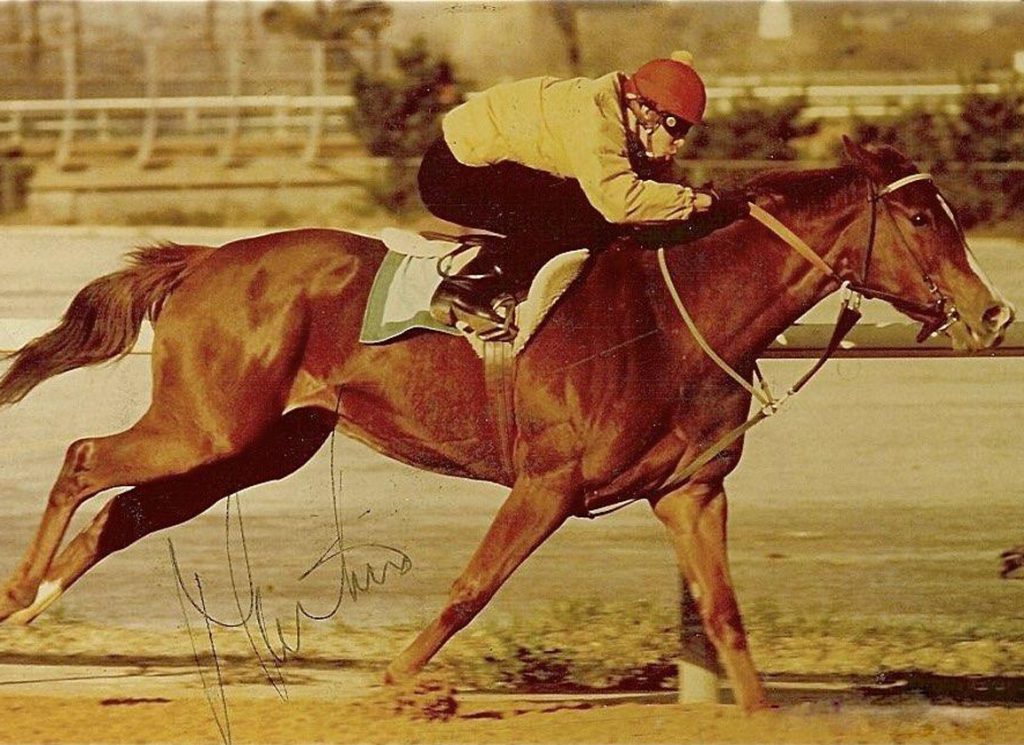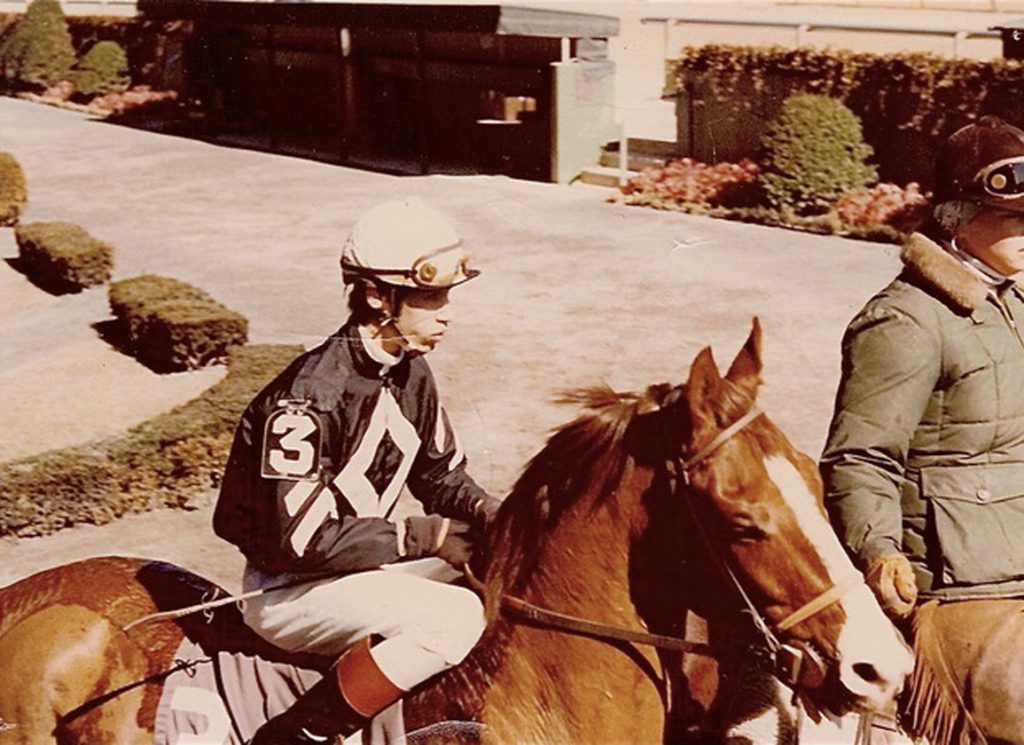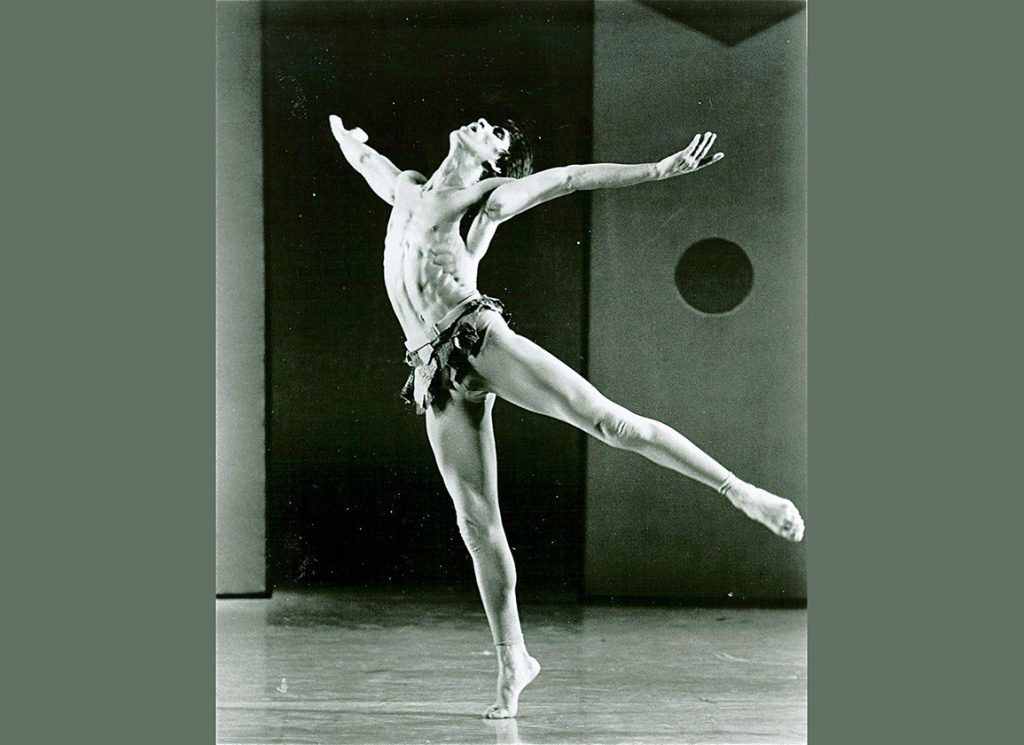In an industry where the hours and expectations fall far outside of the typical 40-hour work week, peers are also your biggest competitors, and the fine line of balance between work and life can be nonexistent, the struggle with mental health is prevalent among the Thoroughbred industry's participants. However, growth of understanding through research, increased discussion and an expanded network of resources is hoping to change all of that, as shared in the Irish Thoroughbred Breeders' Association (ITBA)'s Mental Fitness and Resilience in the Thoroughbred Industry online seminar, held Wednesday evening, in association with Equuip.
Nearly 70 participants across Ireland and elsewhere tuned in to the panel led by Dr. Jennifer Pugh, Senior Medical Officer of the Irish Horseracing Regulatory Board (IHRB), Lisa O'Neill, Welfare Coordinator of Equuip, and Dr. Ciara Losty, a sports psychologist for The Jockey Pathway.
“When your mental fitness is in a good place, you have clear space for thinking, you make better decisions, your mind is clear and you have a structure and a pathway to how you handle things. When you're in a negative mindset and you don't have a lot of mental fitness, everything's scrambled and you may not be able to make good decisions,” said Pugh, as she dove deeper into the definitions of mental fitness and resilience. “Whether you're big or small, there are challenges at every single level and success brings its own challenges as well. Mental health difficulties don't belong to one particular group, we are all susceptible to them.”
“The other thing that's important here is that you don't have to be in the middle of a major life event to need resilience, I think you're probably facing times every single day in your work where you need to be resilient. If something's stressful for you, it's stressful for you, you can't put it in a compartment.”
Alcohol misuse, depression, anxiety and psychological distress were all common mental disorders identified in Mental health difficulties among professional jockeys: a narrative review, a study conducted in 2021 where 105 jockeys across the UK were surveyed. The researchers identified four core categories of stressors experienced by jockeys, relating to competition (ex. pressure, injuries), the wider racing industry (ex. making weight, workload, travel demands), interpersonal challenges (ex. relationships with trainers, expectations) and career stressors (ex. career uncertainty, transitions).
“Mental health is really an area that is being discussed more, it's an area that we're talking about a little bit more in society and it's an area that is being researched more, but I would say overall, it is probably lacking behind some of the physiological sciences or some of the sciences that support the physical performance of certain things,” said Losty. “When we compare and put these statistics with other sports and other athletes in other areas, the jockeys are generally outliers. They are presented with much higher common mental health disorders.”
The study also revealed that burnout was a common feature among the jockeys, along with the high prevalence of adverse alcohol use, and nearly a quarter of the jockeys revealed that they were contemplating retirement.
“Racing is such a one-man's game. You're paddling your own canoe. You think 'I must be strong by myself, I just keep it to myself, I handle everything else.' I drive myself everywhere, I sort all of my rides, I sort my finances. You just become independent because you absolutely have to be, and I think it drips into the psychological side as well,” said one jockey who participated in the study.
However, when asked about why they were not seeking out support from medical professional health services in the study Barriers and Facilitators to Help-Seeking for Mental Health Difficulties Among Professional Jockeys in Ireland conducted in 2022, barriers included 'a need to appear strong in front of others' and a stigma towards accessing support services, a lack of knowledge about the support services available, confidentiality concerns and a self-stigma about asking for help.
“Confidentiality is a big part of my work as well, in that jockeys are very concerned about that if they actually seek out support, how confidential that particular service will be and how others will perceive that. If a trainer knows that a jockey is getting some kind of health support, are they maybe going to make different decisions about putting that jockey up on a horse? Will that affect their perception of that jockey from a hardiness type of perspective? These are some things to think and reflect on,” explained Losty. “If we understand these risk factors, we can put in programs and supports in place very early. It's okay to seek out support.”
Losty shared a similar study conducted in 2021 on Racehorse Trainer Mental Health: Prevalence and Risk Factors, which revealed many of the common mental health disorders that impact jockeys also impact trainers, in the form of depression, alcohol use, distress and anxiety. The stressors for trainers revolved around career dissatisfaction, lower levels of social support and financial difficulties, which would increase the likelihood of meeting the threshold for depression and anxiety.
“They are under pressure from owners to ensure high performance, a high standard, and they are also required to manage the staff. They are looking after staff welfare and they're looking after the horses' welfare, which again is high stress, and not a 9-5 role or somewhere where you can just leave your job at the gate when you leave the yard,” said Losty.
Though there has not been as much research in a broader sense on employees across Ireland's Thoroughbred industry, outside of the specific roles of jockeys and trainers, O'Neill referenced research from several studies conducted in Australia and the UK on stable staff that revealed they were experiencing extreme fatigue and poor sleep habits, along with symptoms of stress, anxiety and depression. Stressors included high workloads, poor work-life balance and a lack of training and career progression.
She explained that an industry-wide staff shortage was negatively influencing an already stretched workforce, dealing with increased workloads, heightened demands and intensified hours.
“Stable staff and those in the breeding sector are the largest population, they're the largest cohort within the Thoroughbred industry and they're the most important. They are the people that are the backbone of the industry. They're passionate, they're dedicated, they're determined to commit their lives to the care and welfare of the horses. Their dedication is vital to the welfare of the industry,” said O'Neill. “It's very notable that you don't see them as statistics, but they're real, they are individuals. They are the people that we need to be able to develop interventions with in this country, which we hope to be able to do in the future.”
Farmers are very relatable to those in the equine industry, and Thoroughbred industry more specifically, as they are a unique cohort themselves, often situated in rural, isolated places with isolated work and a seemingly endless workload, as independent sole traders.
“In general we are pre-wired to be negative about ourselves and hard on ourselves, so if we're not able to believe in things like, 'I am loved. I am worthy. I am good at this. I have good friends. I make good relationships. I'm successful,' then we start to feel the opposite of all of that and that can be a horribly negative space to live in,” said Pugh. “In general, the higher our self-esteem, the better our mental fitness is.”
In terms of moving forward and offering further support to those in the Thoroughbred industry, a common message among the panellists was an increased emphasis on removing the stigma that asking for help reveals weakness, when in reality, it's one of the bravest things an individual can do. This begins with education on what mental fitness and health is and what services are available to those in the industry, with a request for organisations to take a bigger role in sharing this information.
Helping to increase mental health literacy among those in the industry is a main priority. Along those lines, encouraging individuals to analyse what support they are getting for themselves and what they could offer in terms of support was also discussed.
“You don't take your car to the garage when it breaks down, you service it regularly so it's able to ferry you to and fro. So it's very important to be able to look after yourself. Often the greatest strength is to be able to ask for help and I think it's very important for everyone to realize that there is support out there for anyone who does need help,” said O'Neill.
Losty shared the major points that fall under 'how to be a good adult,' which can be applied broadly in every day life, including listening to people, giving them time and space, looking for windows of opportunity to have those important conversations about someone's mental health, not judging them and using personal experiences to relate to the conversation at hand.
“You don't have to have the answers for them, but you can be that key 'one good adult' or that link person for them to engage in those support services. Again, it's about not being afraid to have those conversations,” said Losty.
A new concept that the panellists shared will hopefully be rolling out in the next few months is that of 'Well-Being Champions,' where individuals who are interested will undergo resilience training, mental health awareness training, risk management training, and bullying and harassment training. After training, the well-being champions will serve as an extra source of support for their peers in the industry.
O'Neill also shared that further research will be conducted on relevant industry personnel to explore the challenges and difficulties they face, organizing a panel of external counsellors across the country and including mental health training within the overarching field of first aid training.
Though the lives of those in the industry revolve around the horses, first and foremost, it's crucial that industry participants remember that their well-being and mental health is just as important. There is never a bad or wrong time to ask for help and accept support.
For more information on this seminar and the information discussed, visit the ITBA website.

The post ITBA Mental Fitness And Resilience Seminar Sheds Light On Mental Health Awareness, Resources appeared first on TDN | Thoroughbred Daily News | Horse Racing News, Results and Video | Thoroughbred Breeding and Auctions.
Source of original post
